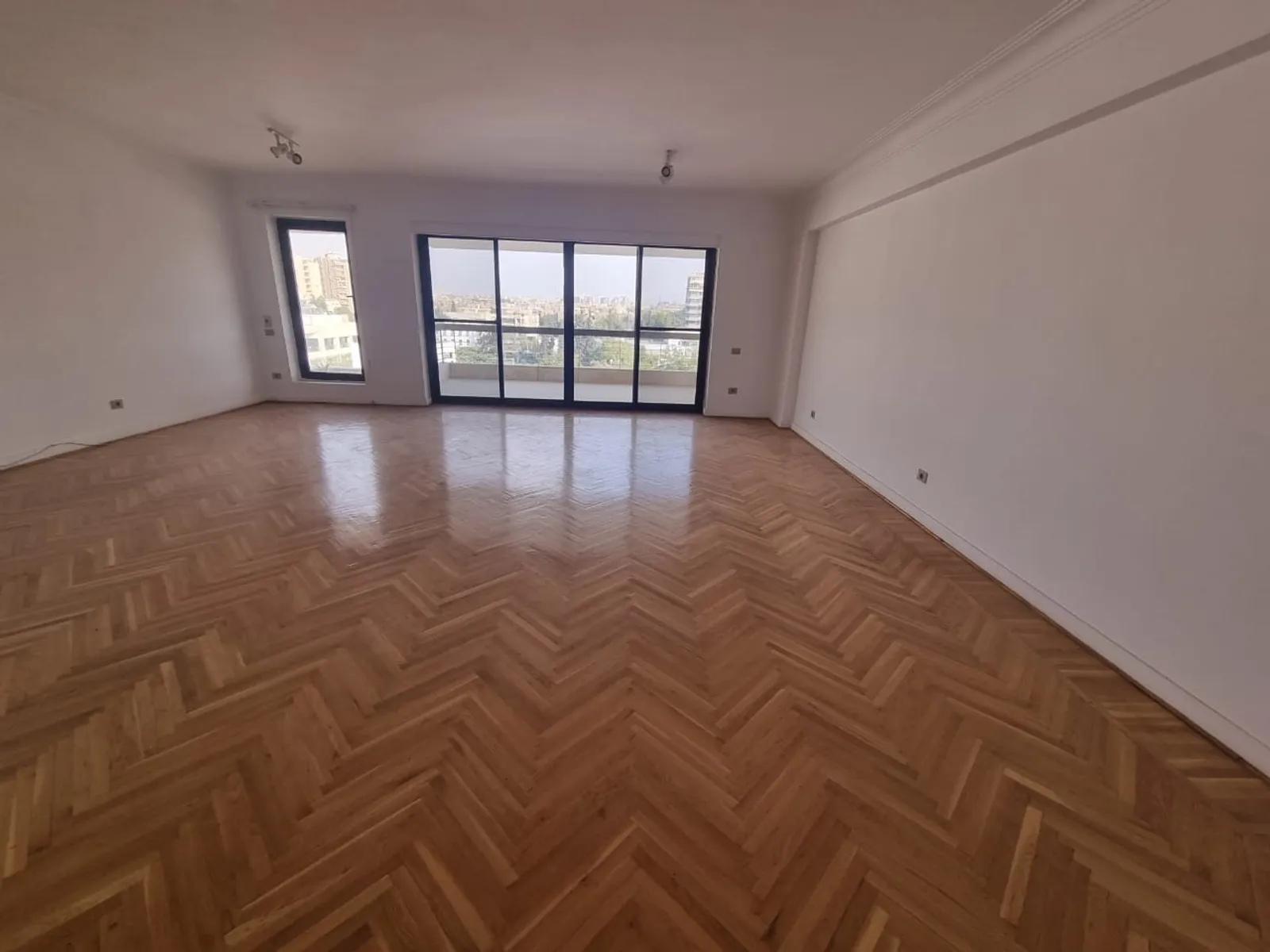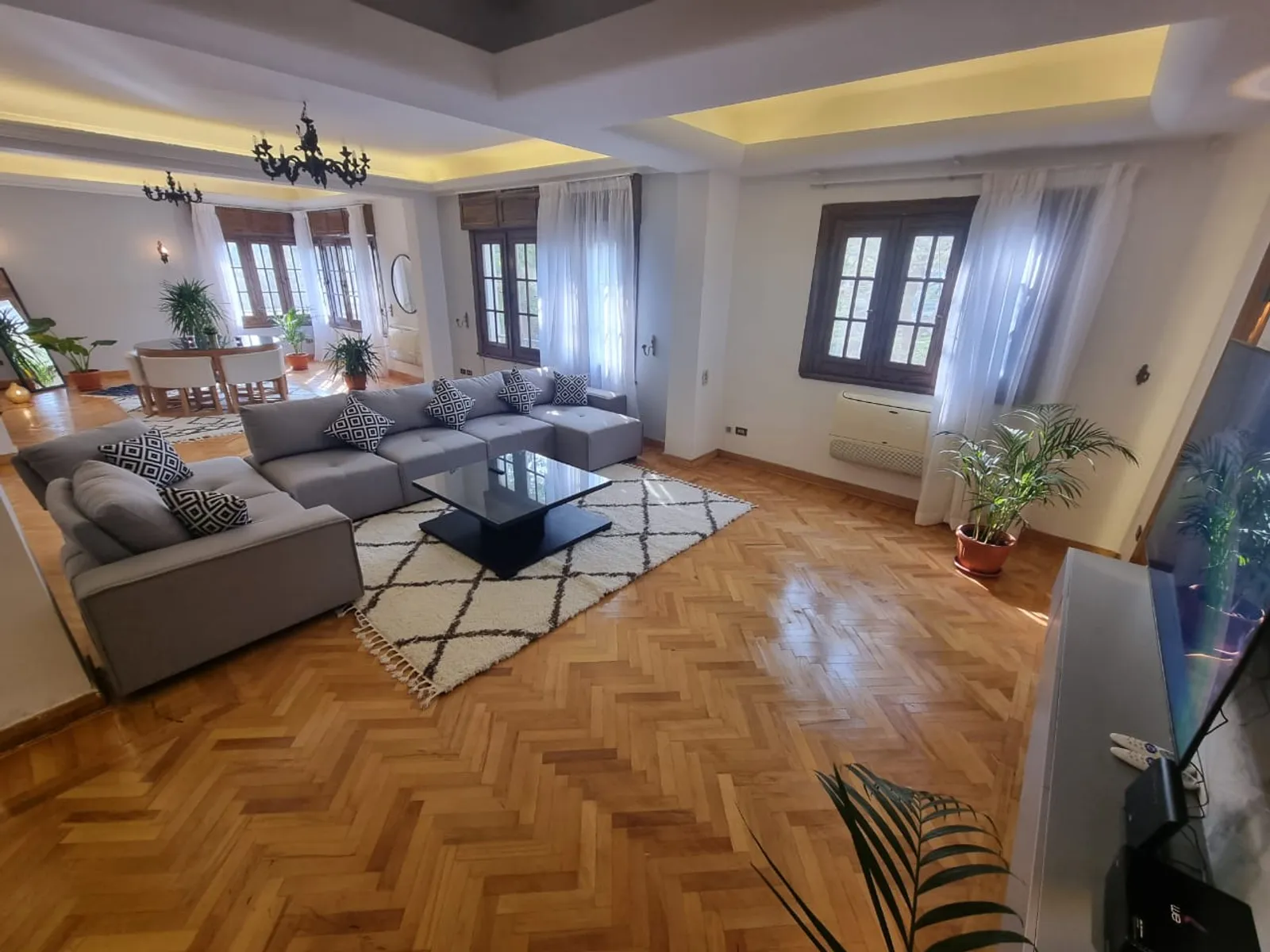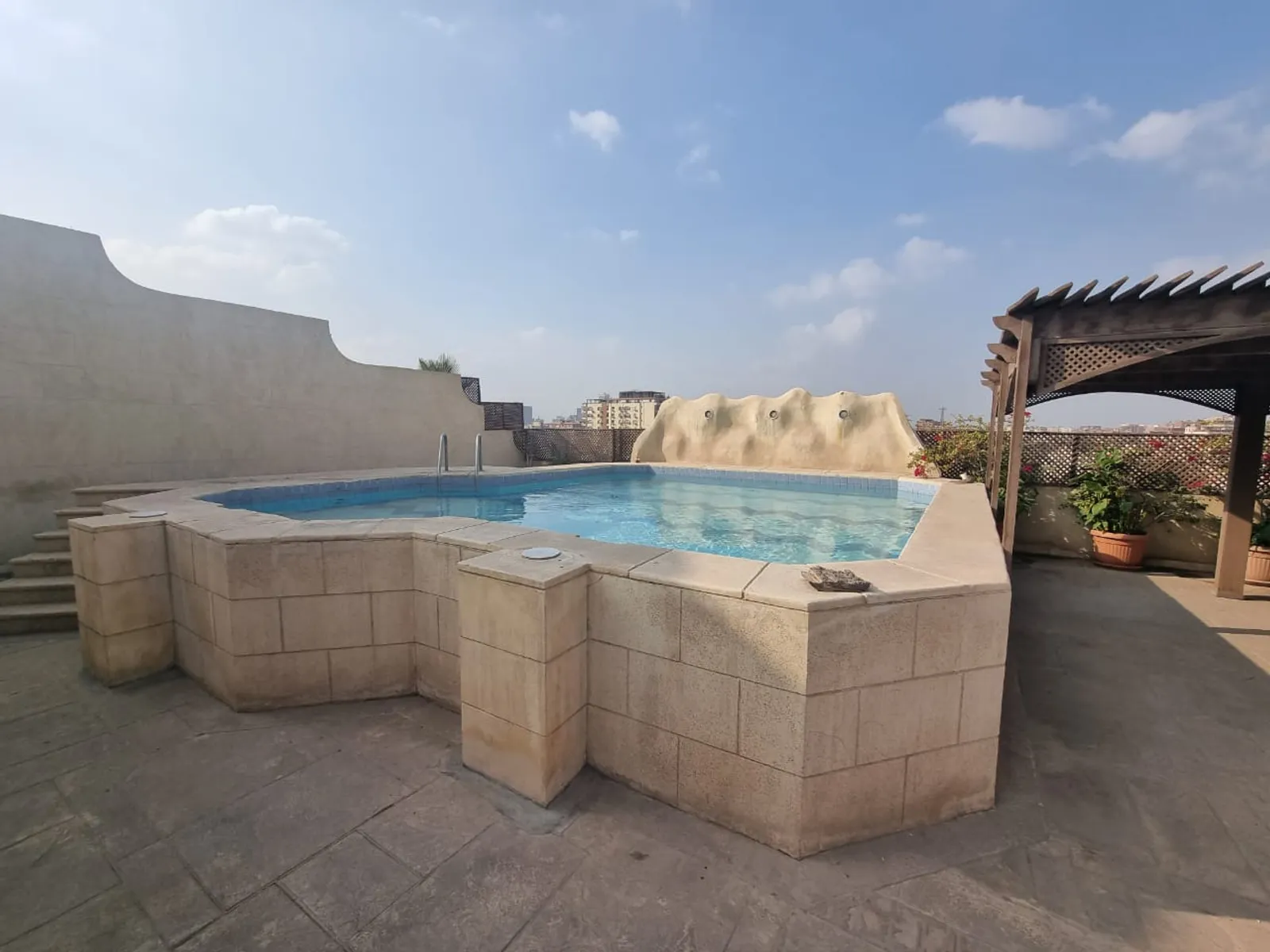STEP-BY-STEP GUIDE: RENTING YOUR FIRST APARTMENT
Finding an Apartment|6 MIN READ|Updated on: 23 September 2025|Written by: Marwa Samir
Finding your first apartment can be an exciting yet overwhelming experience. There are numerous factors that you need to consider before signing a lease agreement. A good starting point would be to identify the location that suits you best and fits into your budget. Once you have identified a few options, it is advisable to visit each property in person, check for any damages or defects, and ask questions about the maintenance schedule.
Another essential thing to consider is the lease agreement itself. Take time to read through it carefully and understand all its provisions before signing it. Some of the things that you should pay attention to include the duration of the lease, rent payment terms, security deposit requirements, and pet policies if applicable.
Ensure that you have a clear idea of what comes with your new apartment rental. Does it come with utilities such as water and electricity? What amenities are available on-site? Knowing this information beforehand will help you plan and budget accordingly for your future living expenses in your new apartment.
First Apartment Rentals
First-time apartment renters can feel overwhelmed when searching for the perfect place to live. But with a step-by-step guide, finding an apartment that meets all your needs can be stress-free. The first step is setting a budget and determining how much rent you can afford each month, including utilities and other expenses.
THE COMPLETE GUIDE TO RENTING AN APARTMENT IN MAADI, CAIRO ( 2025/2026 )
Once you have determined your budget, start researching neighborhoods that fit your lifestyle and preferences. Look for areas with easy access to public transportation or highways, grocery stores, restaurants, and entertainment options. Once you have found the right neighborhood for you, start browsing rental listings online or through local property management companies.
When viewing potential apartments in person, make sure to ask questions about any fees or additional costs associated with the unit such as security deposits or parking fees. Take note of any damages or repairs needed in the unit and communicate them to the landlord before signing a lease agreement. With these steps in mind, renting your first apartment can be an exciting adventure rather than a daunting task.
Preparing to Rent
First and foremost, before you start touring apartments or contacting landlords, it is important to determine your budget. You should evaluate your monthly income and expenses to determine how much you can afford to spend on rent each month. A general rule of thumb is that your rent should not exceed 30% of your monthly income. This will help ensure that you have enough money left over for other necessities like utilities, groceries, and transportation.
Once you have determined your budget, begin researching apartments in the areas where you would like to live. Use online apartment search engines or websites such as Craigslist to get an idea of the available options within your price range. Make a list of potential apartments and their contact information so that you can schedule viewings.
When viewing potential apartments, be sure to ask questions about move-in costs (such as security deposits), lease terms (length and renewal options), maintenance policies (who do you call if something breaks?), and any additional fees (such as parking or pet fees). Take notes during each viewing so that you can compare different properties later on.
Applying for an Apartment
When applying for an apartment, it is important to have all of your necessary documentation in order. This includes proof of income, employment history, and references from previous landlords. It's also a good idea to have a copy of your credit report on hand so that you can show potential landlords that you are financially responsible.
Once you've gathered all of the necessary documentation, it's time to start looking for apartments that fit your budget and lifestyle. You can search online or work with a real estate agent to find available properties in your desired location.
When you find an apartment that meets your needs, be sure to thoroughly review the lease agreement before signing it. Make note of any fees or restrictions outlined in the agreement and ask questions if there is anything you don't understand. With these steps in mind, renting your first apartment can be a stress-free experience.
Negotiating Terms
When it comes to renting your first apartment, negotiating terms can be a crucial aspect of the process. Before signing any lease agreement, make sure you read and understand all the terms and conditions. If there is anything that you do not agree with or would like to negotiate, speak up. Remember that everything is negotiable.
One of the most important things to negotiate when renting an apartment is the rent itself. Ask if there are any discounts available or if you can get a lower rate by signing a longer lease term. You should also inquire about any additional fees such as maintenance charges or parking fees and negotiate those as well.
Another aspect of negotiating terms is understanding the landlord's policies on security deposits and move-out procedures. Make sure you fully understand how much money will be required upfront for the security deposit and what circumstances could lead to deductions from your deposit at move-out time. Knowing these details can help you avoid potential conflicts down the line and ensure a smoother transition in case you need to move out in the future.
Moving In
Once you have found your dream apartment, it's time to start the moving process. Here are some essential tips for making your move as smooth and stress-free as possible:
1. Plan ahead: Start planning your move at least a month before the rental agreement starts. This will give you enough time to prepare all necessary arrangements, such as arranging for a moving truck or hiring professional movers.
2. Pack smart: Start packing well in advance of the move date, starting with items that are not needed daily. Clearly label each box with its contents and the room it should be placed in.
3. Take inventory: Before you start packing, make an inventory of all your belongings so that nothing gets lost during the move. This will also ensure that you only bring what you truly need and avoid cluttering up your new space.
Remember, moving can be challenging but with proper planning and organization, it can be a smooth transition into your new home!
Conclusion
In conclusion, renting your first apartment can be a daunting task, but with this step-by-step guide, you should feel more confident and prepared. Remember to calculate your budget carefully and factor in all expenses from rent to utilities. It’s essential to visit apartments in person before making a decision and creating a checklist of must-haves versus nice-to-haves can help keep you organized.
Once you find the perfect apartment, make sure to read the lease agreement thoroughly before signing it. Don’t hesitate to ask questions or negotiate terms if necessary. Before moving in, take pictures of the condition of the apartment for future reference and ensure that any repairs or maintenance are taken care of by the landlord.
Overall, renting an apartment is a significant milestone in life, but it’s important not to rush into anything without careful consideration. By following these steps, you’ll be on your way to finding your dream home and enjoying all that comes with living independently!








